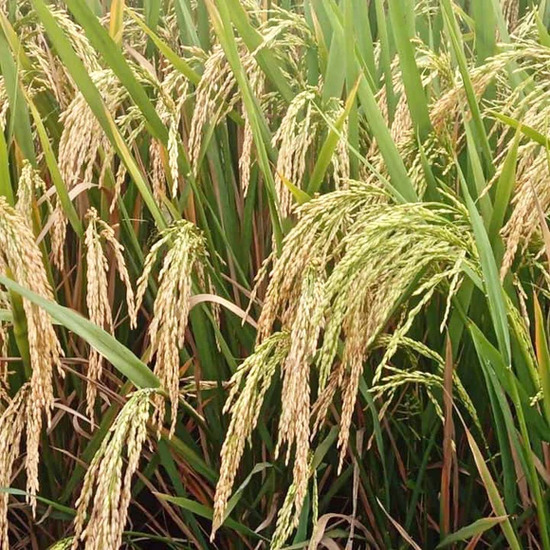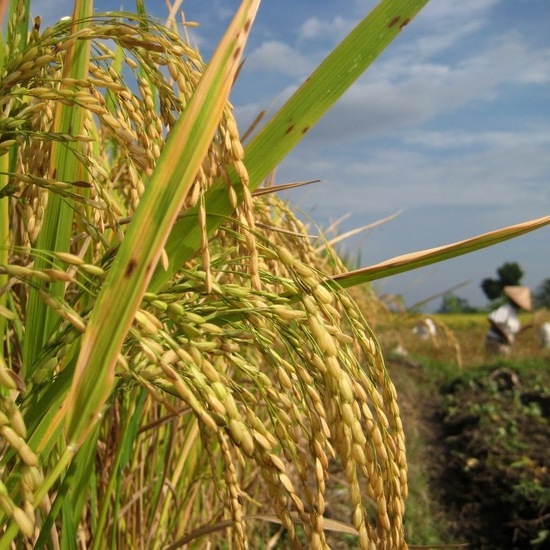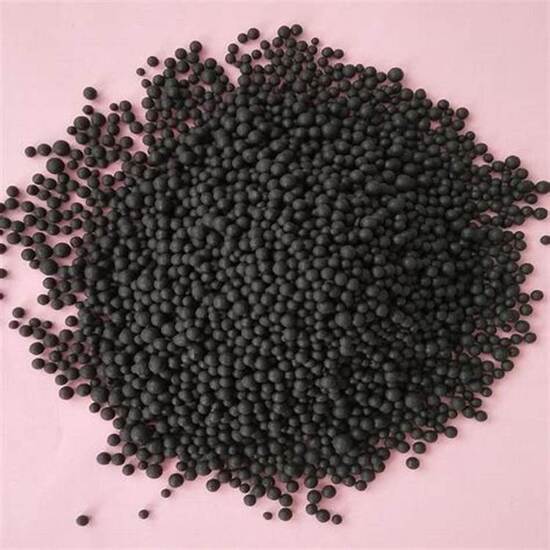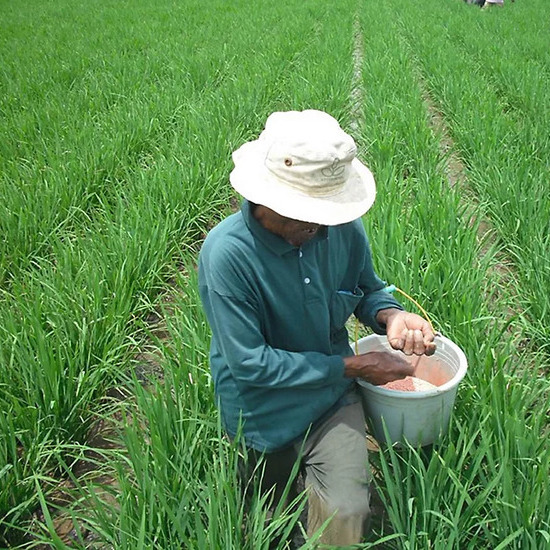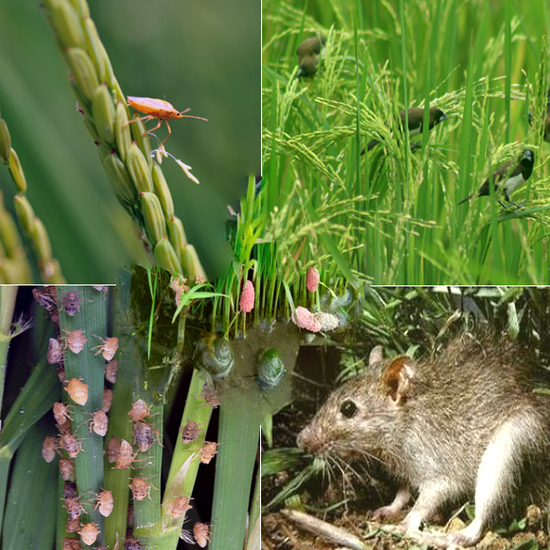New Technologies Used to Improve Rice Quality
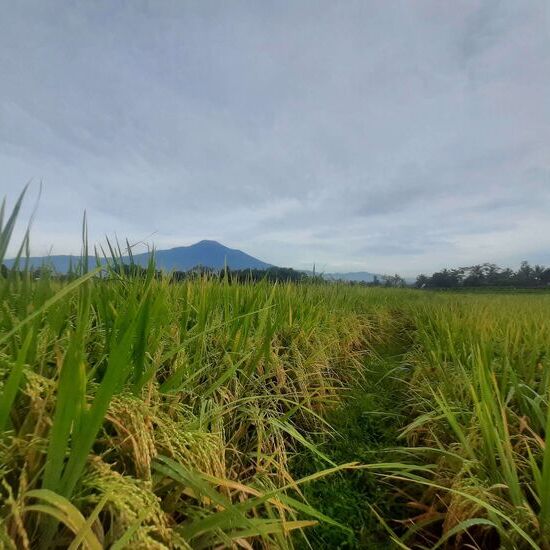
Rice farming is an important sector in the Indonesian economy, where the majority of the population depends on cultivating this crop for their livelihood. In facing global challenges such as climate change, land degradation, and increasing food needs, researchers continue to develop new technologies to improve the quality and productivity of rice. PT Matari Agro Indonesia, as an integrated agricultural consulting and training service center, is committed to supporting farmers through the application of the latest technologies that can improve their welfare.
One of the main innovations in improving rice quality is the development of superior rice varieties. These varieties are designed to be resistant to pests and diseases, tolerant to extreme environmental conditions, and have higher yield potential. Through advanced plant breeding techniques, rice varieties such as IR64, Ciherang, and Inpari are now the main choice for farmers in various regions in Indonesia. These varieties not only provide higher yields but also have better rice quality, which can increase their selling value in the market.
In addition to the development of superior varieties, more efficient rice cultivation technology is also a major focus. The jajar legowo planting system, for example, has been shown to increase rice productivity by optimizing sunlight absorption and air circulation between plants. This technique also makes it easier to control weeds and fertilize, so that the use of agricultural inputs can be more efficient. PT Matari Agro Indonesia actively provides training and assistance to farmers to adopt this planting system, which in turn helps increase yields and reduce production costs.
Fertilization technology has also made significant progress with the use of organic fertilizers and soil microbes. Organic fertilizers not only improve soil structure but also increase long-term fertility. The use of soil microbes, such as nitrogen-fixing and phosphate-solubilizing bacteria, can increase the availability of nutrients for rice plants. PT Matari Agro Indonesia provides training on the manufacture and application of organic fertilizers, as well as the use of soil microbes to increase fertilizer efficiency.
In terms of water management, drip irrigation and sprinkler irrigation technologies are being implemented to ensure more efficient water use. These irrigation systems are designed to deliver water directly to the root zone of plants, reducing evaporation and runoff, and optimizing water use. In areas with limited water resources, this technology is essential to maintaining rice productivity. PT Matari Agro Indonesia collaborates with various research institutions and local governments to promote and implement this modern irrigation technology.
Pest and disease control has also become more effective with the implementation of integrated pest management (IPM) technology. IPM combines various control methods, including the use of natural pesticides, trap crops, and natural enemies of pests. This approach is not only effective in reducing losses due to pests but is also environmentally friendly. PT Matari Agro Indonesia provides comprehensive IPM training for farmers, helping them reduce their dependence on chemical pesticides and improve the sustainability of their agriculture.
Post-harvest technology also plays a vital role in improving rice quality. The use of modern tools and machines for drying, milling, and storage can reduce damage and loss of crops. A rice drying machine, for example, ensures that the moisture content of rice meets quality standards before it is milled. Modern milling machines can produce better quality rice, increasing its market value. PT Matari Agro Indonesia helps farmers gain access to these post-harvest technologies through partnerships and training programs.
In the digital era, information and communication technology is also used to support rice farming. Smartphone-based farming applications provide real-time information on weather, market prices, and best farming practices. Farmers can access this information to make better decisions in their farm management. PT Matari Agro Indonesia develops and promotes the use of digital farming applications to improve farmer efficiency and productivity.
In addition to these technologies, research is continuously conducted to find new innovations that can improve the quality and productivity of rice. Collaboration between research institutions, universities, government, and the private sector is very important in the development of this technology. PT Matari Agro Indonesia is actively involved in various research and development projects, and ensures that research results can be applied by farmers in the field.
Through the application of this new technology, it is hoped that rice productivity in Indonesia can increase significantly. This will not only ensure national food security but also improve the welfare of farmers. PT Matari Agro Indonesia is committed to continuing to support farmers through quality consulting and training services, helping them adopt the latest technologies and best practices in rice cultivation.
Thus, new technologies not only bring direct benefits to farmers in the form of increased yields and product quality but also contribute to environmental and economic sustainability. Adoption of innovative and sustainable agricultural technologies will be key to facing future challenges in the agricultural sector, ensuring that Indonesia remains one of the world’s leading rice producers.
Matari Agro Indonesia is one of the most affordable and farmer-friendly agricultural consulting companies in Indonesia. We provide top-notch agricultural consulting services across the country with the help of a diverse team of scientists, operational experts, and technology. If you are looking for a better return on your agricultural investment, contact the Matari Agro Indonesia team today!
